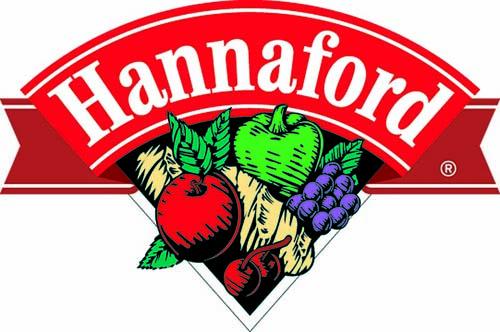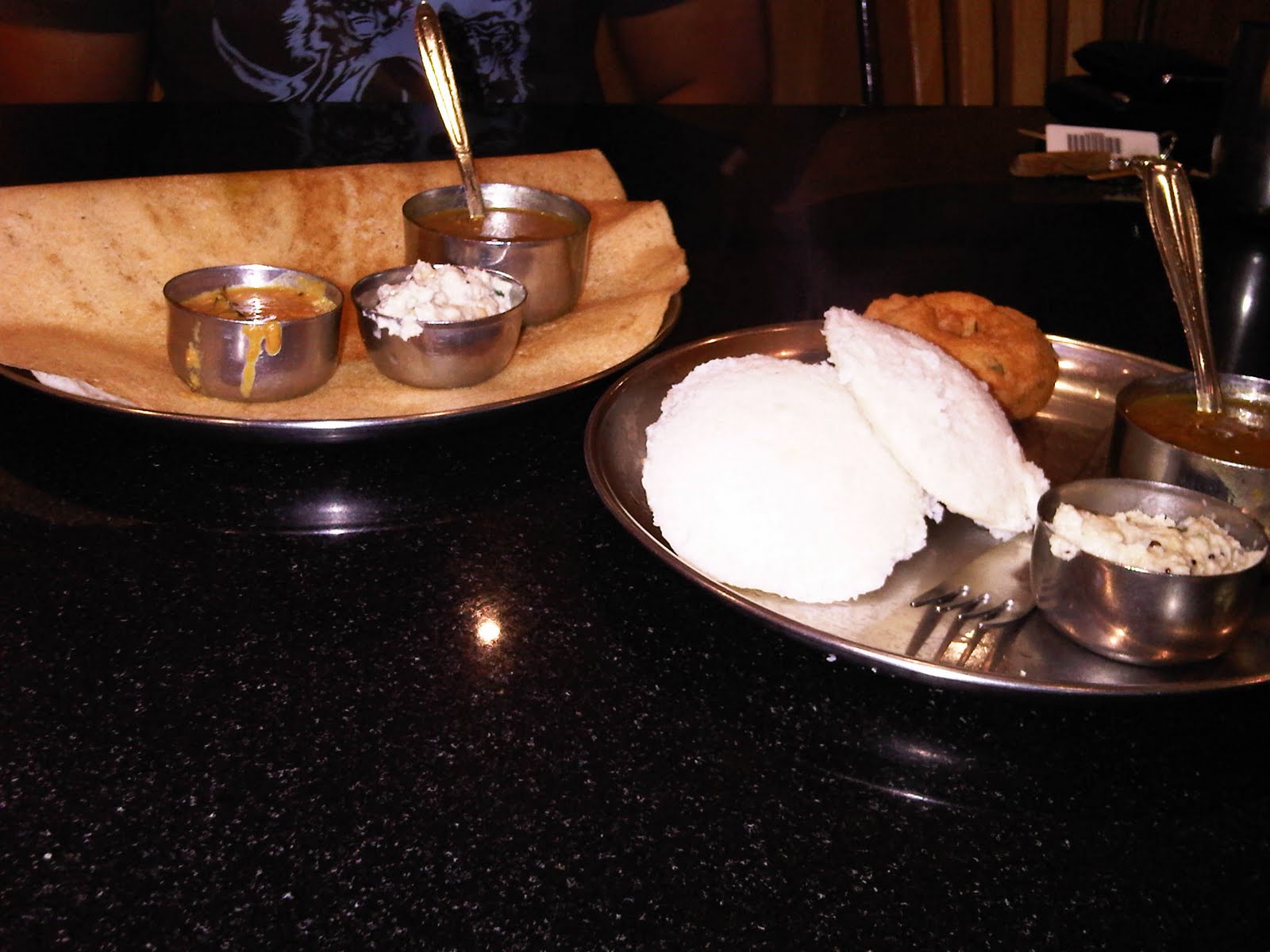The Daily News-Miner reports a bill introduced by North Pole Republican Rep. Tammie Wilson would do away with much of the state’s safety regulations for food sold directly to consumers in an attempt to grow Alaska’s local food industry and farmers markets.
That has health officials worried. House Bill 202, which was heard in the House Labor and Commerce Committee this week, would remove safety regulations not only for the traditional farmers market fare but also for potentially hazardous foods like seafood, shellfish, poultry, meat, dairy and any other processed foods.
Currently, the Department of Environmental Conservation has no regulations for direct-to-consumer food sales for raw fruits and vegetables, syrup, honey and jam. But the state does have safety regulations on  most other processed foods and raw foods where there’s a potential for dangerous bacteria to make it to the consumer.
most other processed foods and raw foods where there’s a potential for dangerous bacteria to make it to the consumer.
But Wilson feels that expenses like permits and equipment are stifling the development of local food. Instead, she said the consumer should take responsibility for the food they eat.
“We just think that there’s something called responsibility that is here,” she said during the committee hearing. “I don’t think government is there to keep us safe from absolutely everything, you can’t protect everybody from everything.”
She said, instead, that the state should take an education-based approach to food safety.
Wilson’s bill would require sellers to provide a card that alerts the consumer that “This product has not been inspected by any governmental agency and may be harmful to your health.”
Environmental Health Director Kristin Ryan who testified against the bill’s sweeping changes, said, “People buy food under the assumption that it’s safe to eat. Yes, people should have personal responsibility. But when there’s some clear risk, it’s our responsibility to protect against that risk.”

 regulations.
regulations..jpeg) prevention and allowing industry to reach the objectives without excessive regulatory direction. ?
prevention and allowing industry to reach the objectives without excessive regulatory direction. ? records and procedures at retailer Hannaford.
records and procedures at retailer Hannaford..jpg) themselves, as other industries currently do.
themselves, as other industries currently do. How refreshing.
How refreshing.(2).jpg) Author
Author  With no warning one weekday morning, investigators entered an organic grocery with a search warrant and ordered the hemp-clad workers to put down their buckets of mashed coconut cream and to step away from the nuts.
With no warning one weekday morning, investigators entered an organic grocery with a search warrant and ordered the hemp-clad workers to put down their buckets of mashed coconut cream and to step away from the nuts. help his mom after she lost her job and instead got a crash course in red tape.
help his mom after she lost her job and instead got a crash course in red tape.